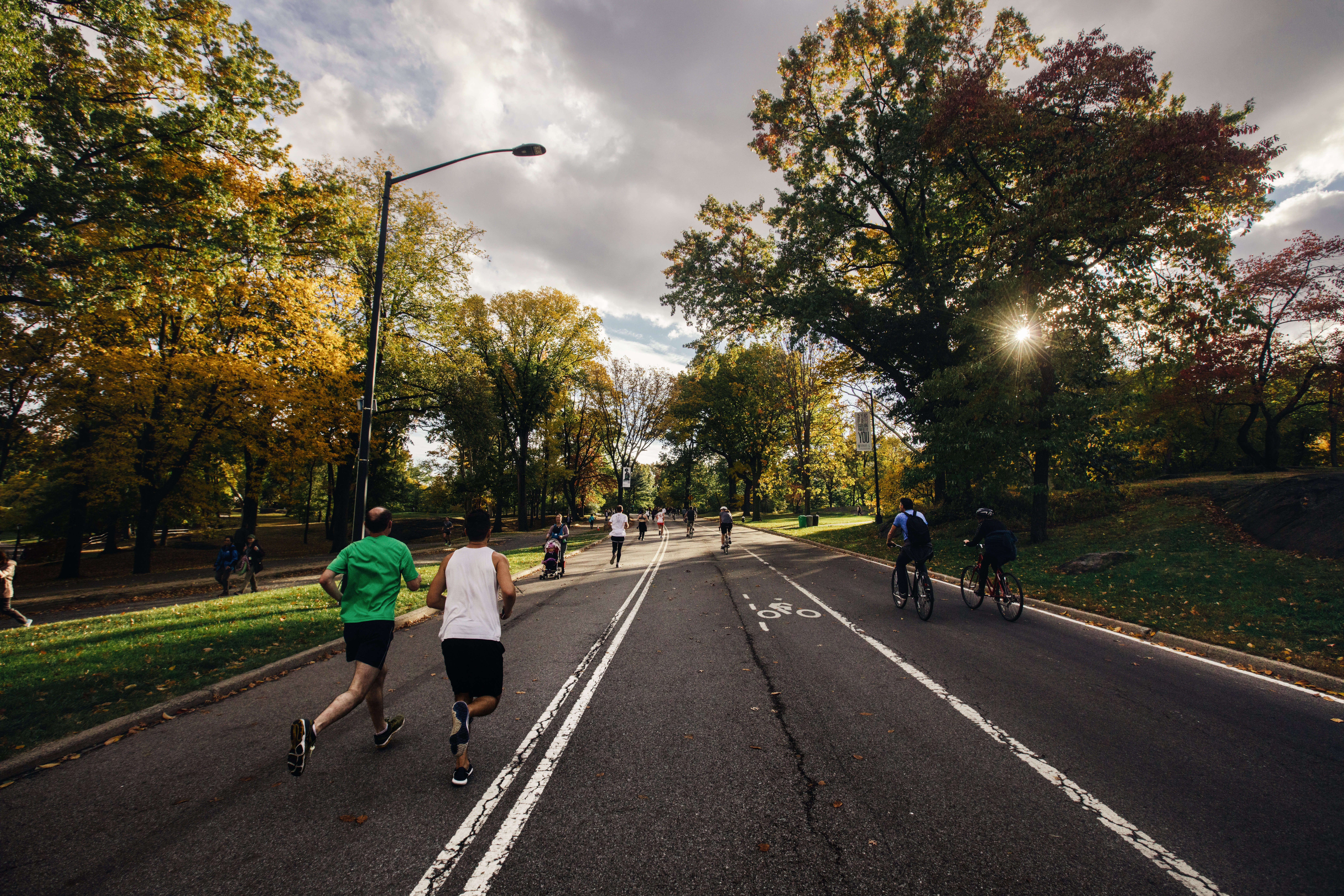By Jeanine Campbell, Contributing Writer
Having lived through years of parental guidance and awkward middle school health classes, most college students have a general understanding of what physical wellness should look like. Still, hectic college lifestyles make it a challenge for any college student to close the gap between their knowledge of health and their actual habits.
Students have heard the same old adages about balanced diets, regular exercise and plenty of sleep repeated often enough that they might be to the point of tuning them out. Now more than ever it is important for students to understand why physical wellness is important, especially for the sake of more than just bodily health.
[perfectpullquote align=”right” cite=”” link=”” color=”” class=”” size=””]Whether or not students think they have already heard all there is to know about physical health, there is room for all to put more knowledge into action[/perfectpullquote]
The physical benefits of nutrition and exercise are intuitive for most students, but time and money limitations still compete with healthy habits. In a world of immediacy, college students tend to make meal and activity choices based on short-term convenience only, without considering long-term effects like the increased risk of various diseases and cancers that studies in the U.S. National Library of Medicine have associated with unhealthy choices.
Maybe less obvious than the physical significance of nutrition and health are the effects of poor choices on other pillars of wellness, such as the emotional effects emphasized by Associate Dean of Wholeness and Wellness Kevin Bellew. Bellew often recommends students use exercise to lift their moods, since it is treatment that has no side effects other than relieving depression and boosting self-esteem, as confirmed in a report by Harvard Medical School.
He further challenges college students, who regularly find enough time to spend hours consuming media, not to let time constraints sneak in as an excuse not to take advantage of the benefits of healthy nutrition and exercise.
Sleep, the other major aspect of physical wellness, is even more notoriously neglected by ever-exhausted college students. The negative physical effects of insufficient sleep are extensive; Harvard Medical School identifies them as ranging from weakened immune systems and unhealthy food cravings, to ultimately lower life expectancy.
Sleep habits also clearly affect emotional and relational wellness; irritability and risk of long-term mood disorders increase with poor sleep, and optimism and sociability decrease. Even intellectual wellness depends on sleep, since the American Academy of Sleep Medicine has found “sleep can boost classroom performance” by improving memory and focus. Cutting back on sleep may seem necessary for college students to keep up the rest of their lifestyles, but a reality check reveals sleep as the precarious foundation on which the rest of their well-being lies.
All aspects of bodily health are not without spiritual significance, as well, as the Apostle Paul’s words in 1 Corinthians 6:19-20 establish: “Or do you not know that your body is a temple of the Holy Spirit within you, whom you have from God? You are not your own, for you were bought with a price. So glorify God in your body.”
The truth in this passage links body and spirit and promotes physical wellness as a priority for any college student seeking spiritual growth.
Between campus health resources and the campus culture that earned this university the title of “the tamest party school” in Kentucky, opportunities for Asbury students to engage in much healthier lifestyles than typical U.S. college students are abundant. Whether or not students think they have already heard all there is to know about physical health, there is room for all to put more knowledge into action. If students remember how to value physical wellness, they will have opportunities to develop much more emotionally, spiritually, relationally and intellectually, without their own bodies working against them.


